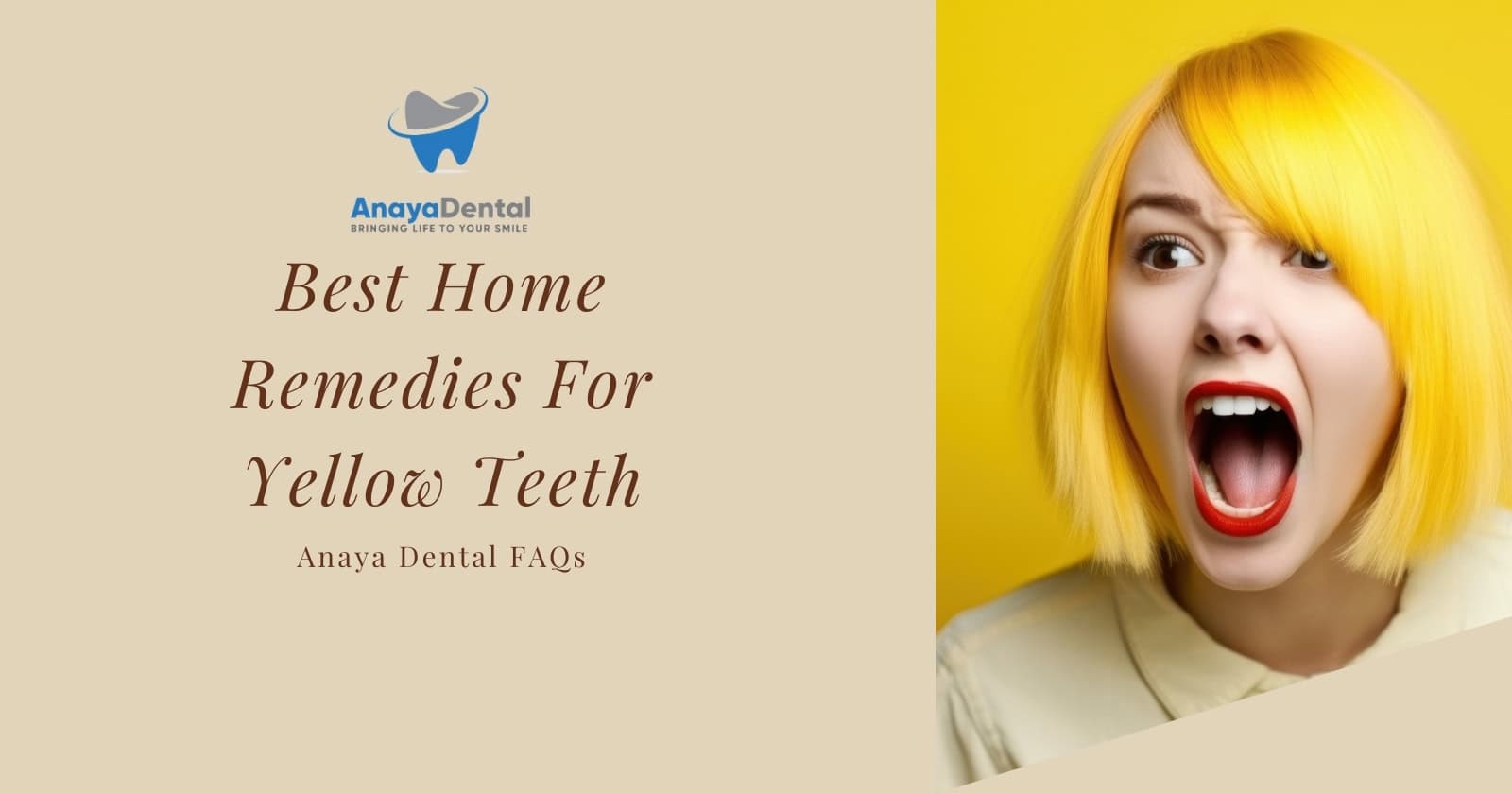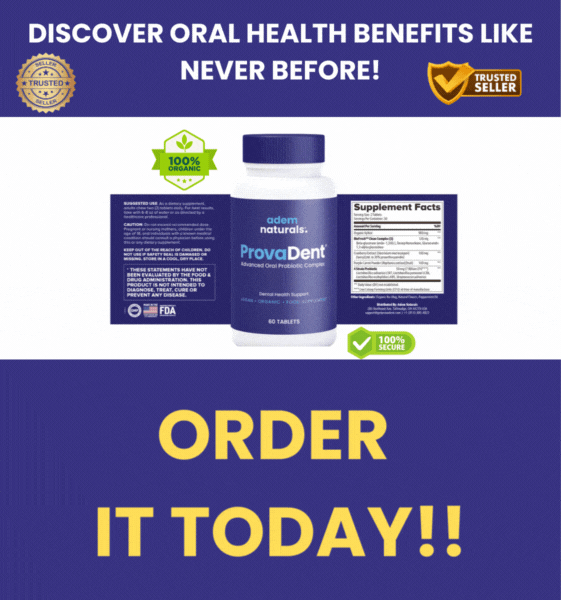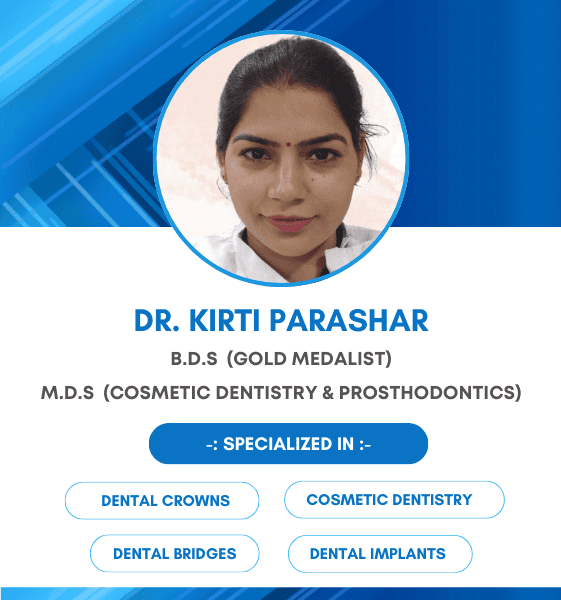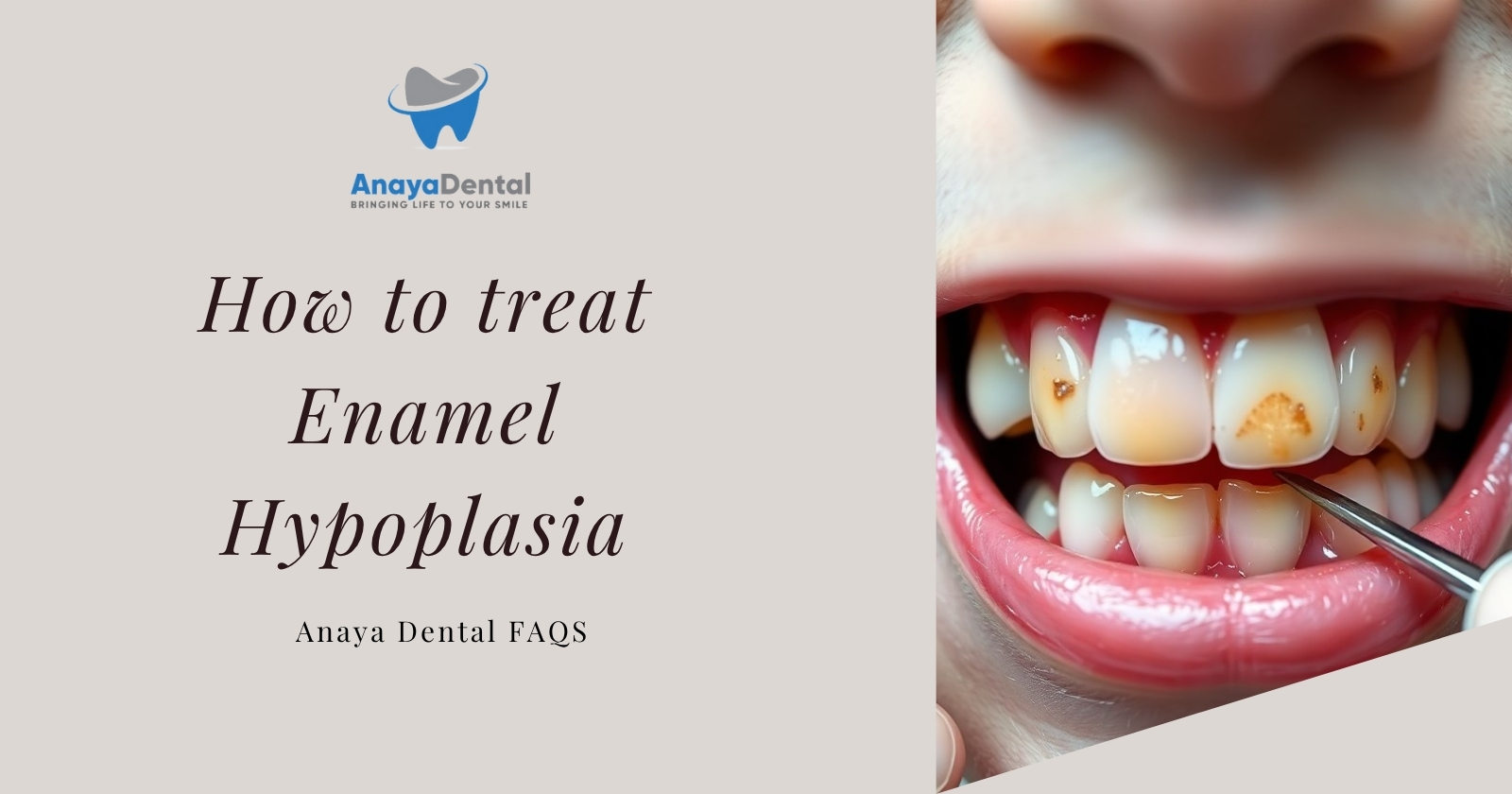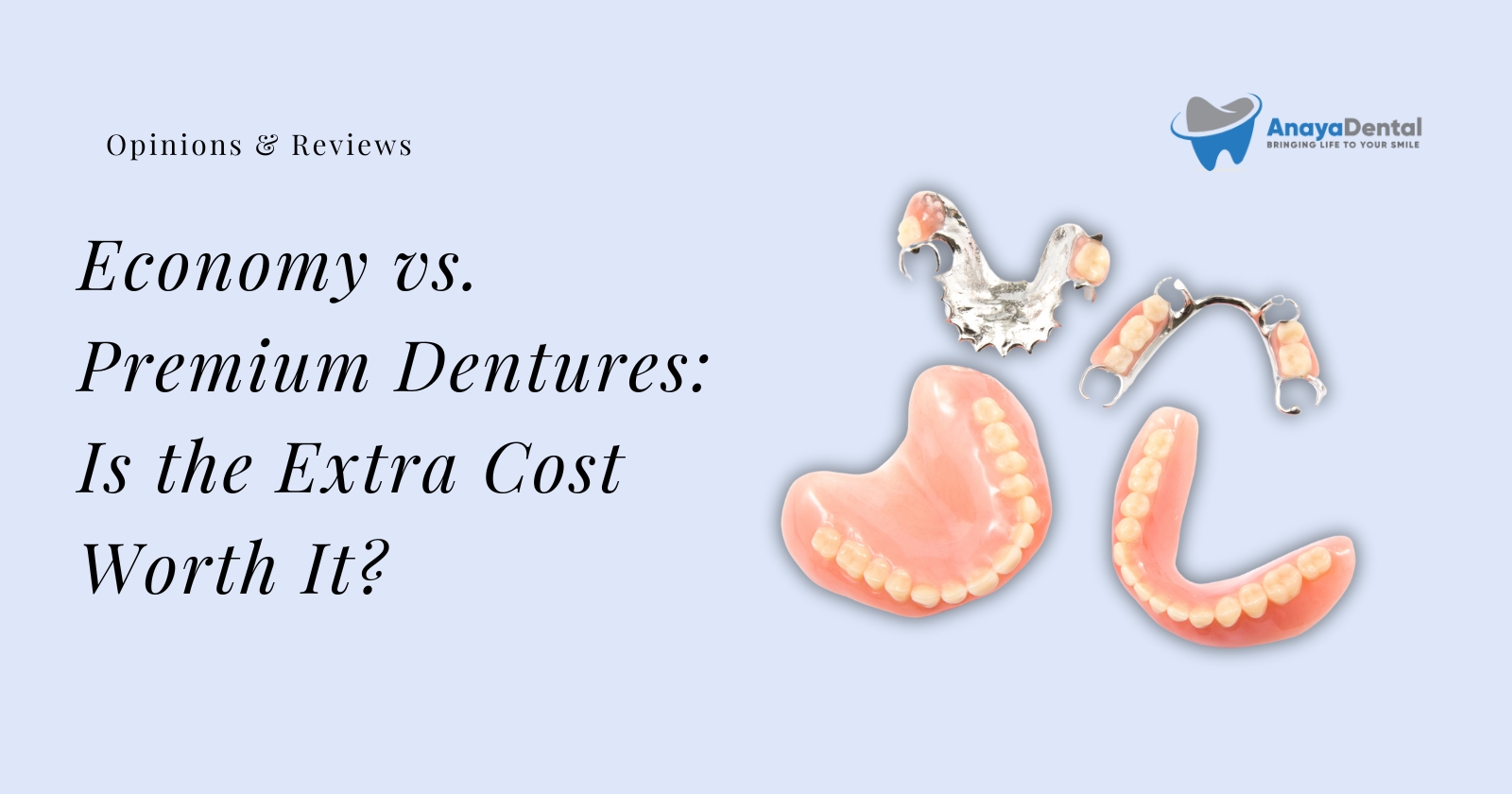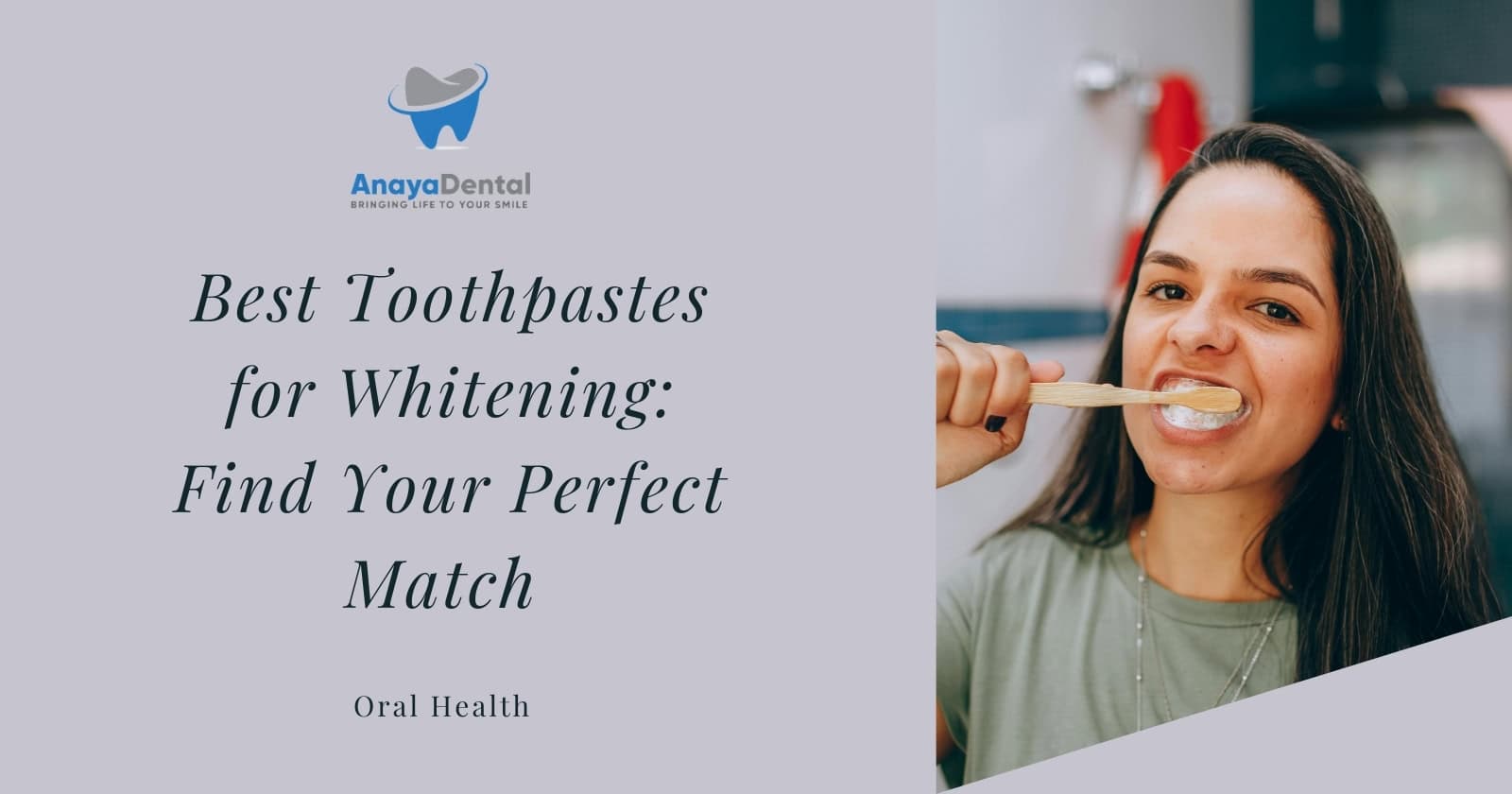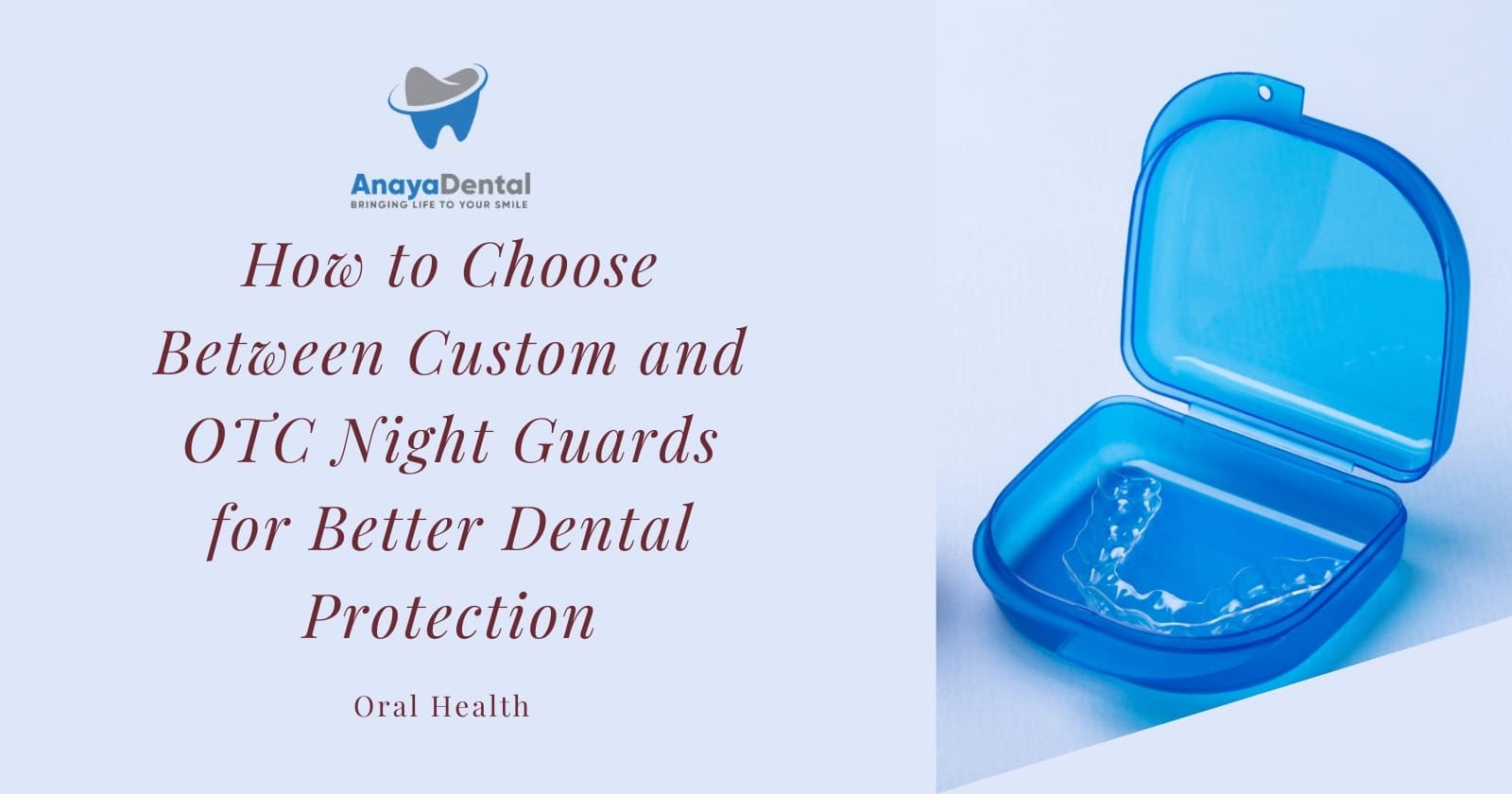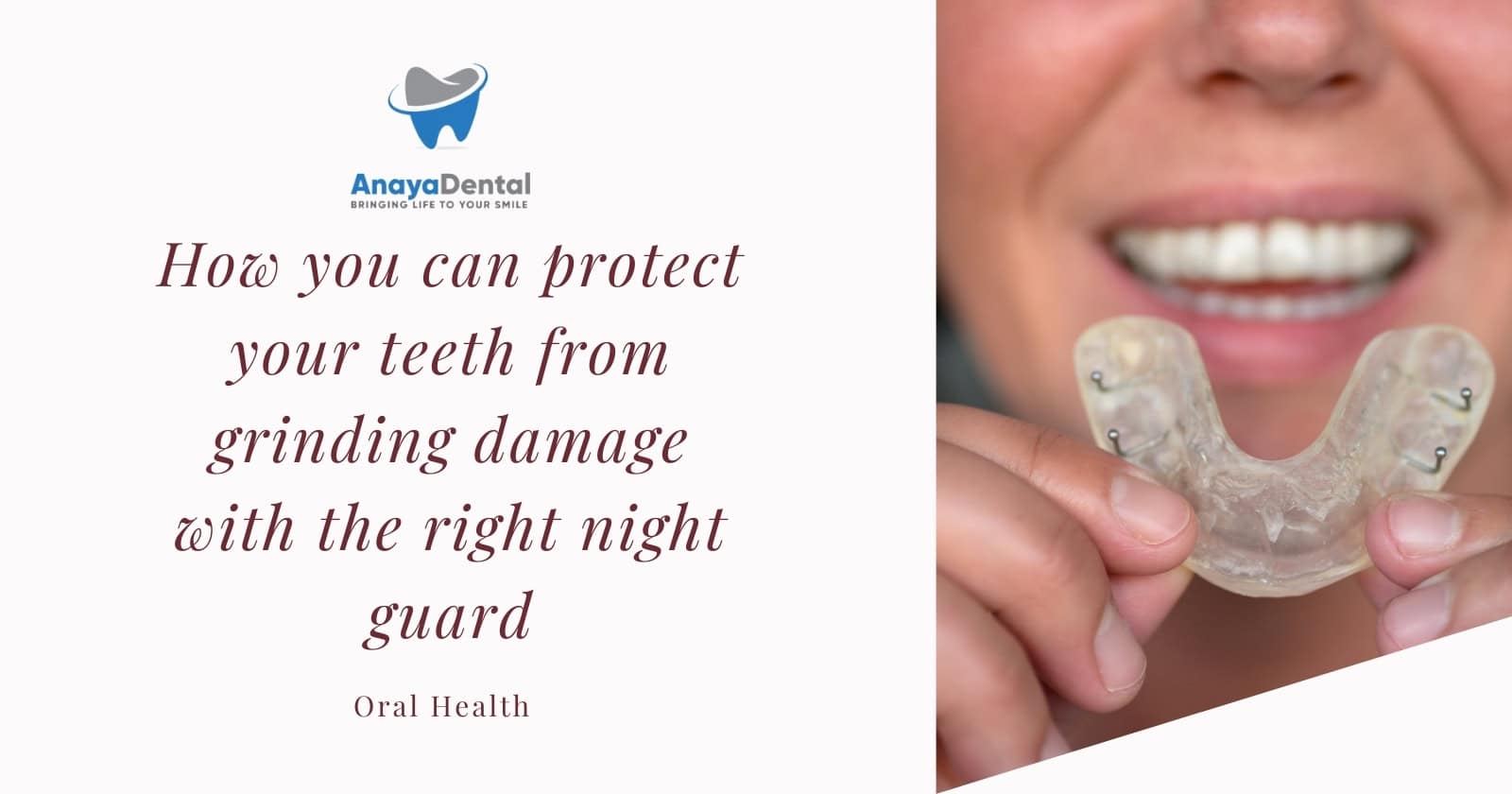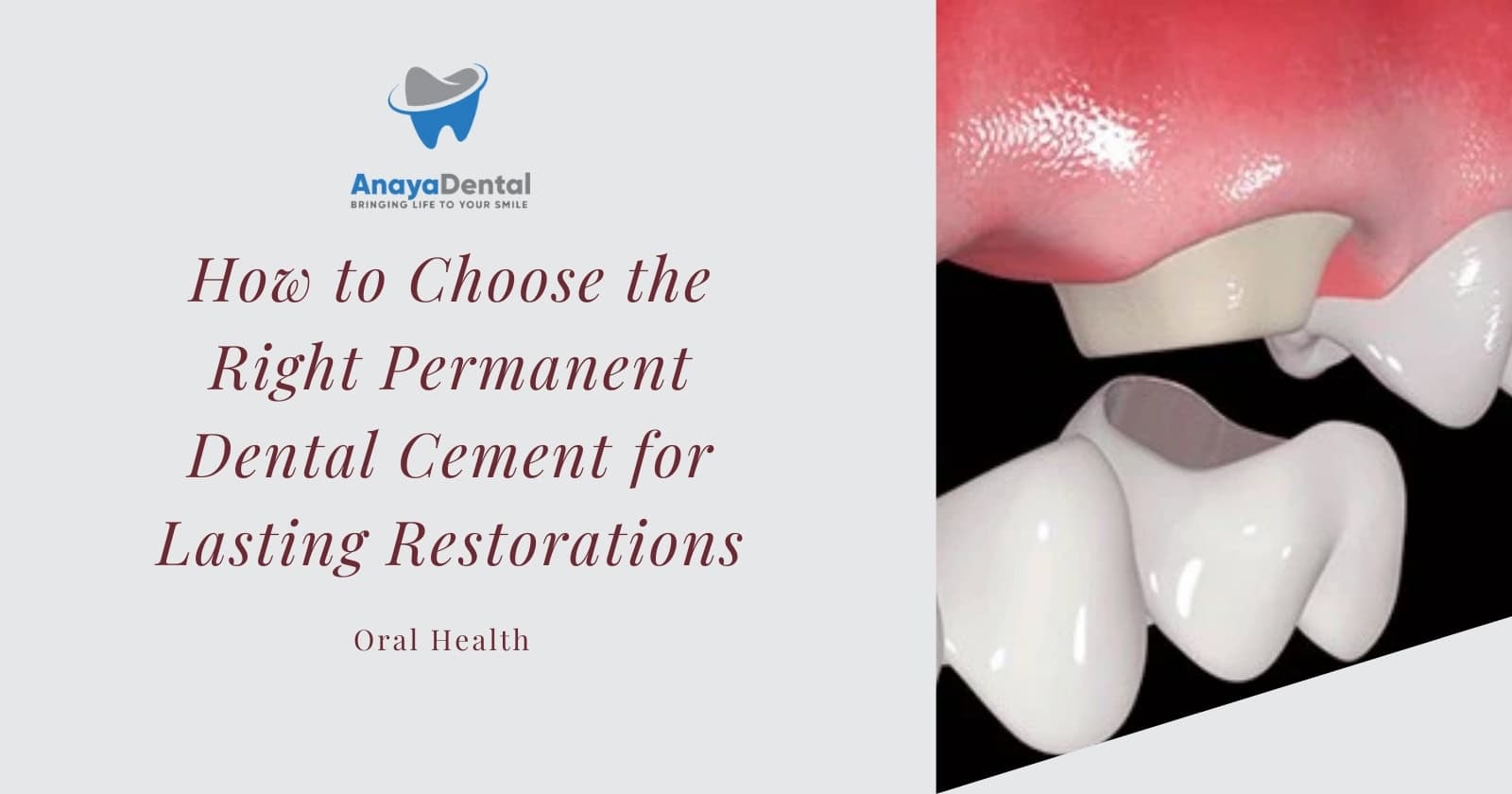Yellow teeth can be a source of embarrassment and self-consciousness, but there are numerous home remedies to restore their whiteness. Many people seek ways to whiten teeth permanently and safely without damaging enamel. This article explores the best solutions for yellow teeth, including quick ways to whiten teeth at home and the safest methods to remove yellow stains. Additionally, we answer common questions such as whether mouthwash removes yellow teeth and how to achieve long-lasting whiteness.
Causes of Yellow Teeth
Yellowing of teeth can occur due to aging, poor oral hygiene, excessive consumption of staining foods (coffee, tea, wine), smoking, or certain medications. Additionally, genetics can play a role in the natural color of teeth, with some individuals having naturally thicker enamel, which appears whiter. Fortunately, various home remedies can help reverse discoloration and restore a bright smile without resorting to expensive professional treatments.
Key Takeaways
- Yellow teeth can be caused by diet, aging, poor oral hygiene, or genetics.
- Home remedies like baking soda, hydrogen peroxide, and fruit enzymes can help whiten teeth naturally.
- Brushing regularly and avoiding staining foods can prevent yellowing.
- Over-the-counter options like whitening strips and tray-based whiteners offer effective results.
- Professional treatments provide the quickest and most permanent whitening solutions.
- Whitening mouthwashes can help maintain results over time.
- Always prioritize enamel health by avoiding excessive use of abrasive or acidic products.
Best Home Remedies for Yellow Teeth
1. Vitamin C: Prevents Gum Disease and Strengthens Teeth
Vitamin C is essential for oral health and prevents gum disease, which can contribute to yellowing. Foods rich in Vitamin C, such as oranges, strawberries, and bell peppers, can help maintain gum health and prevent plaque buildup. Regular intake of Vitamin C can also enhance collagen production in gums, making them healthier and reducing bacterial buildup.
Try Our Dental Calculators
2. Apple Cider Vinegar: A Natural Whitener
Apple cider vinegar (ACV) is known for its antibacterial properties and ability to remove stains. Dilute ACV with water and swish it around your mouth for 30 seconds before rinsing. However, excessive use can erode enamel, so use it sparingly. A weekly rinse with apple cider vinegar can be beneficial, but make sure to rinse with water afterward to neutralize acidity.
3. Baking Soda and Hydrogen Peroxide: A Natural Whitening Paste
A combination of baking soda and hydrogen peroxide can create an effective whitening paste. Mix one tablespoon of baking soda with two tablespoons of hydrogen peroxide to form a paste. Brush gently with this mixture a few times a week to remove surface stains. This paste works by breaking down surface stains and lifting them, making your teeth appear whiter over time.
4. Fruit Enzymes: Nature’s Stain Removers
Fruits like pineapple and papaya contain enzymes (bromelain and papain) that help remove stains from teeth. Regular consumption of these fruits or using them as a natural scrub can enhance whitening effects. You can also mash these fruits and apply them to your teeth for a few minutes before rinsing for an added whitening boost.
5. Coconut Oil Pulling: Reduces Plaque Buildup
Coconut oil pulling is an ancient Ayurvedic practice that helps remove toxins from the mouth and reduce plaque buildup. Swish a tablespoon of coconut oil in your mouth for 15-20 minutes before spitting it out. This method also promotes overall oral hygiene and helps reduce bad breath by eliminating harmful bacteria.
6. Brushing Frequently: Prevents Stains
Brushing your teeth at least twice a day with fluoride toothpaste is essential for preventing yellowing. Using an electric toothbrush can further enhance plaque removal and maintain a brighter smile. Additionally, brushing after consuming staining foods such as coffee or wine can prevent long-term discoloration.
7. Whitening Toothpaste: Removes Tough Stains
Many whitening toothpastes contain mild abrasives and bleaching agents to remove stains. Look for products that contain baking soda or activated charcoal for enhanced whitening effects. Some whitening toothpastes also include blue covarine, a chemical that gives teeth an instant white appearance by creating a thin film over the enamel.
Over-the-Counter Whitening Solutions
8. Tray-Based Tooth Whiteners: Dentist-Recommended
Tray-based whiteners use peroxide-based gels applied in custom-fit trays. These are often recommended by dentists for safe and effective whitening at home. They allow for even distribution of whitening agents, making them highly effective for stubborn stains.
9. Whitening Strips: A Convenient Option
Whitening strips are an affordable over-the-counter solution that adheres to teeth and removes stains. Regular use for two weeks can show significant results. They contain a thin layer of peroxide gel that helps break down stains on the enamel.
10. Whitening Rinses: Hydrogen Peroxide Formula
Whitening rinses contain hydrogen peroxide to gradually whiten teeth while also killing bacteria and freshening breath. Using a whitening rinse daily can help maintain a bright smile and prevent the formation of new stains.
11. Activated Charcoal: A Natural Stain Remover
Activated charcoal is a popular natural remedy for removing stains from teeth. It works by absorbing surface stains and toxins. However, use it sparingly to avoid enamel erosion. Some users prefer to mix activated charcoal with toothpaste or water to create a gentler scrubbing effect.
FAQs
How to Whiten Teeth Permanently?
For long-lasting results, maintain good oral hygiene, avoid stain-causing foods and beverages, and consider periodic whitening treatments. Professional options such as laser whitening or custom whitening trays may offer the most permanent solutions.
How to Whiten Teeth Without Damaging Enamel?
To whiten teeth safely, avoid excessive use of acidic or abrasive products. Opt for gentle whitening agents like baking soda and hydrogen peroxide in moderation. Using remineralizing toothpaste with calcium and phosphate can also help strengthen enamel.
What is the Quickest Way to Whiten Teeth?
The fastest home method is using hydrogen peroxide and baking soda paste. Professional treatments, such as laser whitening, also provide instant results. LED whitening kits available for home use can also deliver quick and effective results in under an hour.
Does Mouthwash Remove Yellow Teeth?
While mouthwash helps kill bacteria and freshen breath, it does not significantly whiten teeth. However, whitening mouthwashes containing hydrogen peroxide can contribute to gradual whitening over time. Consistently using a whitening mouthwash alongside other whitening treatments may improve overall results.
Conclusion
There are many effective home remedies for yellow teeth, ranging from natural solutions like coconut oil pulling and fruit enzymes to over-the-counter options like whitening strips and tray-based whiteners. By maintaining proper oral hygiene and using safe whitening techniques, you can achieve a brighter smile without damaging your enamel. In addition to home remedies, lifestyle changes such as reducing coffee intake, quitting smoking, and drinking water after meals can help maintain white teeth. If persistent yellowing occurs, consult a dentist for professional whitening options and personalized advice.
